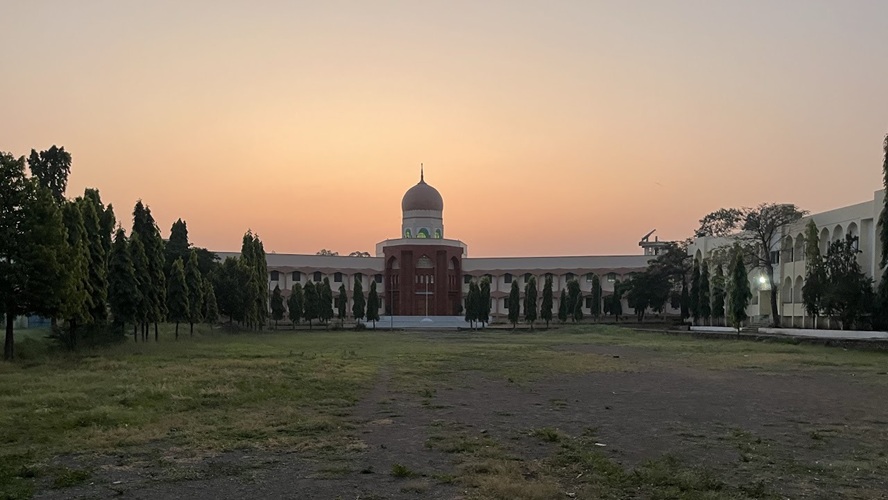The Centre is set to introduce a Bill in Parliament to amend the 1995 Waqf Act, aimed at enhancing accountability and transparency in the functioning of Waqf boards, while ensuring the mandatory inclusion of women in these bodies, several media outlets reported. This initiative responds to demands from within the Muslim community.
The Bill, recently reviewed by the Cabinet, seeks to revoke several clauses of the existing Waqf Act. These repeals are primarily intended to diminish the Waqf Boards’ arbitrary authority, which currently allows them to claim any property as Waqf without mandatory verification.
Key Amendments Proposed
The Bill outlines around 40 amendments to the current Waqf Act. One significant amendment requires Waqf Boards to undergo mandatory verification for all property claims, ensuring transparency. Additionally, it introduces revisions to Sections 9 and 14 to alter the composition and functioning of the Waqf Boards, incorporating representation for women.
Moreover, properties claimed by Waqf Boards will undergo new verification processes to settle disputes and prevent misuse. District magistrates may also be involved in the oversight of Waqf properties.
According to The Economic Times, this legislation is prompted by widespread concerns over the Waqf Boards’ arbitrary powers. These powers have led to extensive land being designated as Waqf properties, often resulting in disputes and claims of misuse. For example, in September 2022, the Tamil Nadu Waqf Board claimed ownership of the entire Thiruchendurai village, which is predominantly Hindu.
The 1995 Waqf Act
The Waqf Act of 1995 regulates ‘auqaf’ (assets dedicated and notified as waqf) by a wakif, the person who dedicates property for purposes recognized by Muslim law as pious, religious, or charitable. Amendments in 2013 under the UPA government granted Waqf Boards broader powers, which have since been contentious.
The Bill is expected to be introduced in Parliament soon. If enacted, it will significantly alter the governance and regulation of Waqf properties in India, aligning with practices in other Islamic nations where such extensive powers are not vested in a single entity.
Community Response and Comparative Analysis
Several representations from Muslim intellectuals, women, and sects such as Shia and Bohras highlighted the need for changes in the existing law. According to The Economic Times, preparations for these amendments began well before the 2024 Lok Sabha elections. A preliminary review of laws in Islamic nations like Oman and Saudi Arabia revealed that these countries do not grant such sweeping powers to a single entity.
This legislative move is seen as a step toward ensuring that Waqf properties are managed more transparently and equitably. The mandatory inclusion of women and the involvement of district magistrates are expected to bring a more balanced and scrutinized approach to the management of Waqf properties.
By aligning the governance of Waqf properties with international practices, the Bill aims to reduce disputes and misuse of Waqf assets, thereby fostering a more accountable and transparent system. The proposed amendments reflect a broader effort to modernize and reform Waqf management in India, making it more inclusive and efficient in addressing the needs and concerns of the Muslim community.






0 Comments